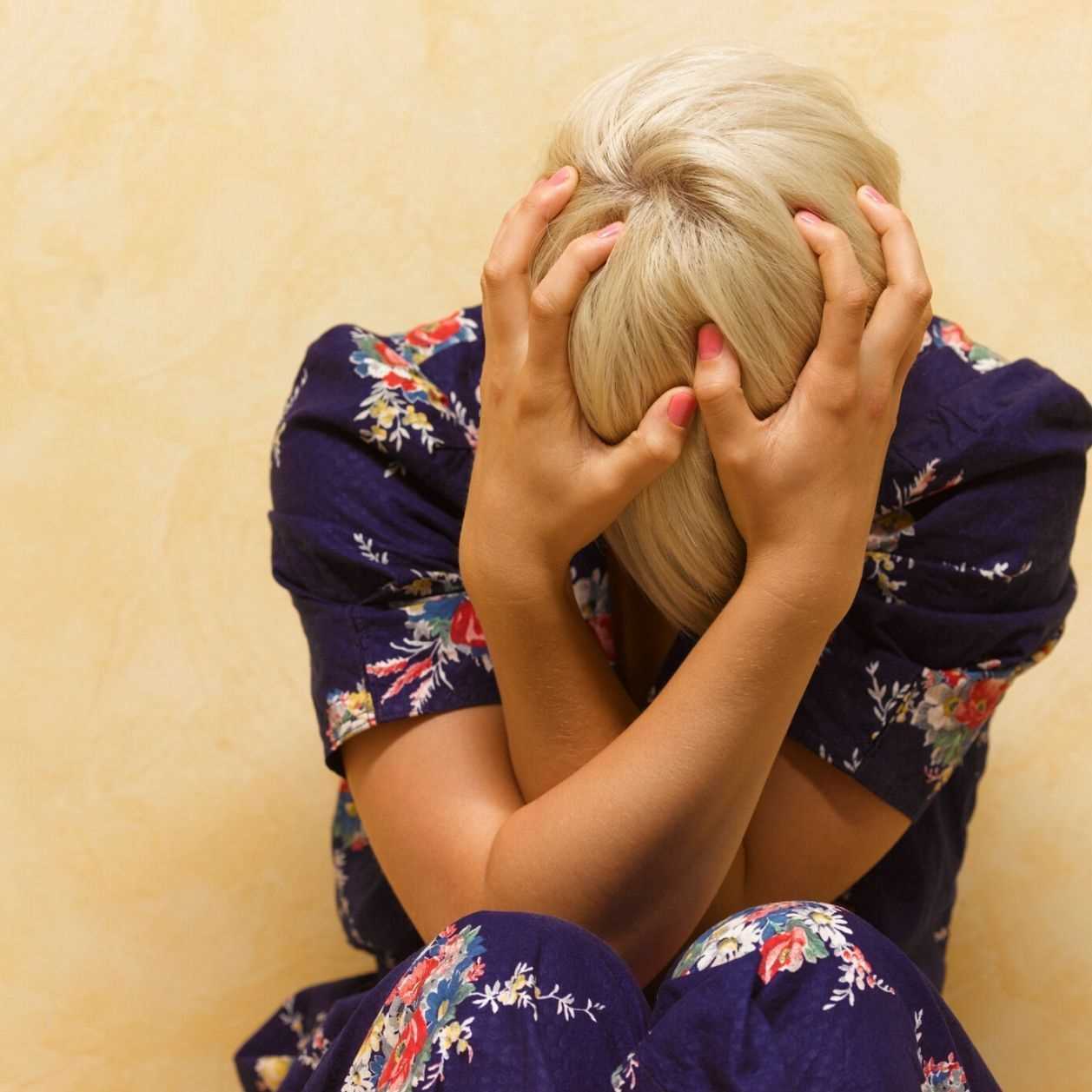According to an Opinionway study for Human Footprint, containment and the crisis have a negative impact on the mental health of some employees.
Is confinement harming our mental health? Perhaps. In any case, these are the results of an Opinionway study carried out for the consultancy firm Human Footprint. 44% of employees thus feel in a situation of "psychological distress". This is 10 points more than before confinement.
With concerns about telework, partial / total unemployment, or even the obligation to go to work again, the psychological well-being of French people is deteriorating. For a quarter of employees, these situations present a risk of depression requiring treatment. Psychologists therefore call for awareness on the part of public authorities and companies and the establishment of means for employees to prevent the situation from worsening.
"It is a disaster, there is constant anxiety. The video conference day never stops. It's oppressive because it feels like you never have time for yourself. We feel obliged to be near his computer, ready to jump at the slightest notification of video call … It drives you crazy. ", explains Célia, an employee in the marketing department of a cosmetic company, at the microphone of RMC.
"It's anxiety attacks, panic attacks. Dry throat sensations, like a knot … I hope it doesn't lead to depression.", says, for her part, Aurore, a salesperson on partial unemployment.
According to Christophe Nguyen, work psychologist and president of Empreinte humaine, companies must support their employees.
"We know what works: it's putting in place real prevention plans. Listening places, places of expression, team meetings … What is important is not to be alone with your distress.", he says.
Real distress
An investigation by the Shanghai Mental Health Center into the psychological distress of the Chinese people during the epidemic gives a real magnitude to the problem. Frustration, anger, panic, anxiety, impulsivity, depression… Out of a total of nearly 53,000 responses analyzed by the researchers, 35% of those questioned said they had experienced psychological distress and 5% were victims of severe disorders which could go as far as at risk of suicide.
If you need help, are worried, or are faced with the suicide of someone you know, there are anonymous listening services. The Suicide listening line can be reached 24 hours a day, 7 days a week on 01 45 39 40 00. Other information is also available on the website of the Ministry of Solidarity and Health.
